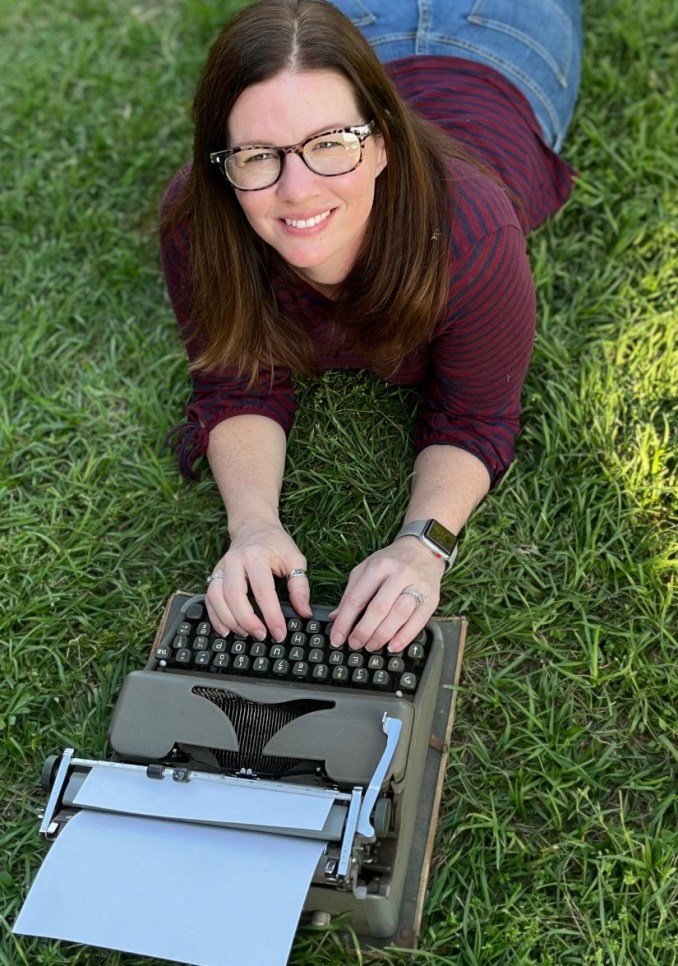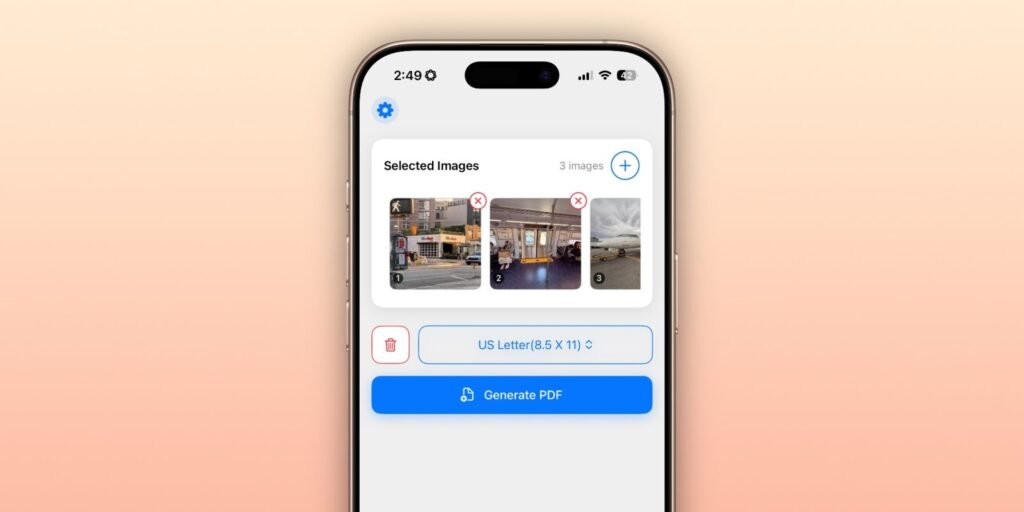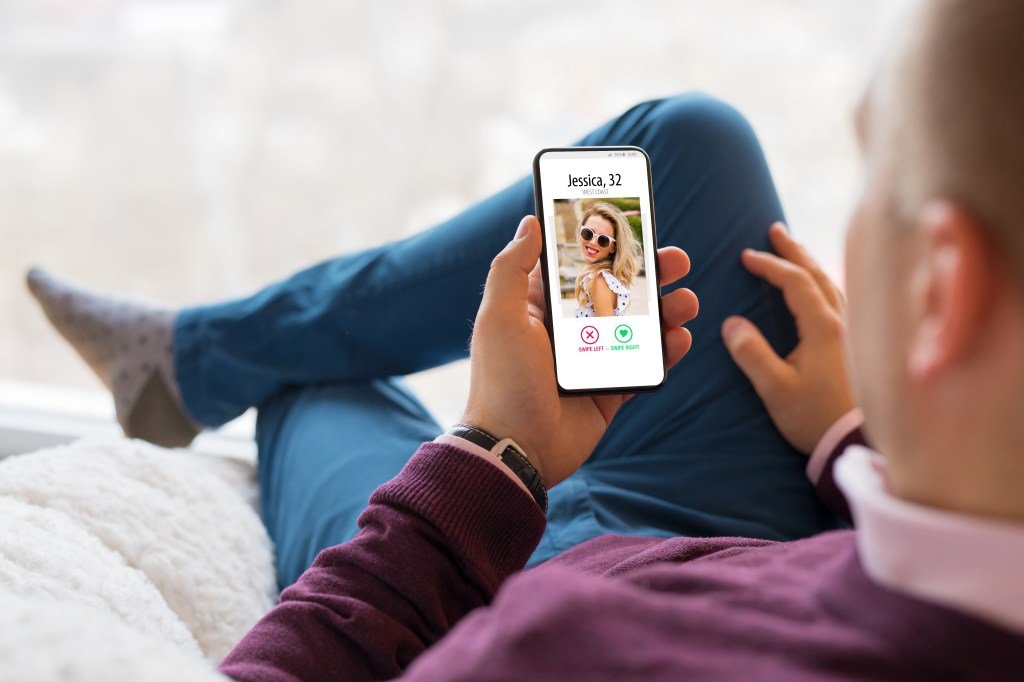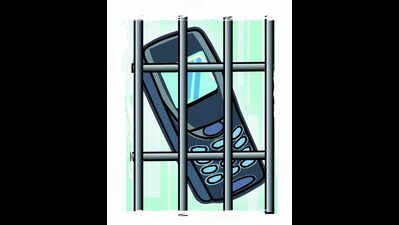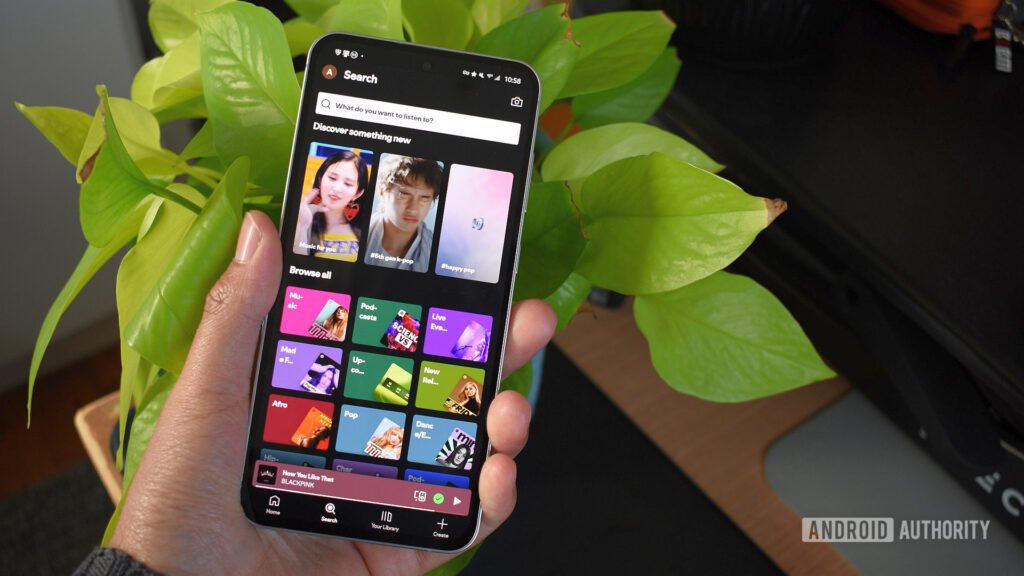Link
Tea Dating Advice is an app that has quietly existed since 2023 — but it rocketed to the top of Apple’s app store this week after getting a ton of attention on social media. Since the start of the week, the app maker says, something like a million new users have signed up.
Tea is marketed as a “dating safety tool” for women, and it pledges to donate ten percent of its revenue to the National Domestic Violence Hotline. How does it achieve safety? By letting users post photos and gather information about potential suitors.
Many men online saw the point of how the app might protect women, but a number of people expressed worry about the fairness and the legality of it all, ranging from the philosophical to the personal. “The risk of abuse is insanely insanely high,” said one Redditor in a discussion on /privacy. “It seems pretty socially deleterious if any human can have a social media profile they can’t view created for them without their consent or knowledge,” one Twitter user wrote. And, of course: “They got me fellas,” one man posted on TikTok, showing what appeared to be a report about him on the app. (“Welp time to move,” he concluded.)
Then, on July 25, 4chan users claimed they found a database related to the app that included photos of users’ IDs and other information, adding more fuel to the privacy fire. (The company confirmed the breach to 404 Media.) So what’s the legal tea?
Using AI, the app checks a users’ selfies to verify that they are a woman. Once verified, users can post photos of men. These are usually mined from social media profiles and other dating apps. The app enables the photos to be run through a reverse image search, enabling them to run a basic background check, check against public sex offender databases, and check for photos that might get flagged as being used in “catfishing” — misrepresenting one’s identity online.
The app also features a “Tea Party Group Chat,” which allows users to directly share information about men, and has a rating function, which allows users to share their experiences with Yelp-style reviews, awarding men a “green flag” or a “red flag.”
The inclusion of men’s names, identities, and other information has triggered people to ask: Does the app enable users to violate others’ privacy rights?
The Tea’s biggest problems are actually practical, not legal. Tea definitely raises fascinating questions about privacy, the digital age, and norms of modern romance, but largely stays clear of any major legal problems in the U.S. by creating the forum in the way it did.
There really are three buckets (teacups?) of legal issues that could arise in connection with the app: potential civil liability for privacy violations and defamation, and possible criminal exposure related to online behavior.

In general, the right to privacy covers the right to be free from intrusion into one’s personal affairs, the ability to control who has access to one’s personal information and the right to be free from unwarranted publicity. We all enjoy some right to keep private our affairs and – relevant here – our images.
Many privacy laws are quite clear and straightforward. For instance, it is almost always a clear violation of law to publicize someone’s Social Security Number. There are healthcare laws such as the Health Insurance Portability and Accountability Act, or HIPAA, which sets national standards for when and how even medical offices can handle patients’ health information. Specific privacy laws govern the disclosure of student records, financial information, personal data and a host of other information people generally want kept secured.
Like so much in our lives, the internet makes everything more complicated. (Perhaps the internet, to paraphrase Homer Simpson, might well be the cause of, and solution to, all the world’s problems.) A norm about the world we all accept now is that photographs of us all are likely bouncing around the internet right now – and mostly these are pictures that we posted ourselves.
With the Tea, some men have complained that the very act of enabling users to post photos of them online without their consent violates their privacy rights. It is fair for people to be concerned about their images or likenesses published online. Still, many aspects of our world complicate any ability one might have to challenge the unconsented use of an image on a dating app, at least in the U.S. First, as a legal matter, many of the images that appear on Tea were first voluntarily posted on dating apps or social media sites. When a user posts a photo to the internet or an app like Facebook or Instagram, he or she typically retains the rights to it (i.e., they still own it), but has granted the platform the right to distribute or display it in connection with the service. (To be fair, most users don’t read the fine print when they sign up for apps.) It becomes harder to make a privacy rights argument when one has waived those very rights to the photo in another context.
A practical question would come up around enforcing a complaint that one’s image appeared on an app without their consent. A staggering number of photos that we didn’t post exist online of nearly all of us; we don’t have a right to challenge the legality of every group photo ever posted on a social media platform in which we appear. Certainly, Tea raises the bar by explicitly inviting criticism or negative attention based on the photo. But where would the legal line around those photos be? Accompanying a photo with truthful information such as “I went on a date with this man?” Truthful, but potentially embarrassing information such as “I went on a date with this man and he was cheap and didn’t pay for my latte?” A truthful, but mean-spirited expression of opinion that might bring huge reputational harm, such as “I went on a date with this man and I honestly worry that he might be a sex offender?” (More on how the law handles individuals’ sincere opinions in a moment.) No matter how embarrassing any such posts might be, the legal line around them is a fuzzy one.
In principle, a user could instead raise a copyright complaint if a photo they took and posted to a social media or dating platform gets posted by someone else to another, like Tea. If they are the copyright holder, or owner, of the image and it was posted without their permission and isn’t in the public domain, they could perhaps petition Tea to have the image taken down. It does not appear that that approach has been tested yet. Note, however, that people may not have the rights to many photos they appear in; when a person appears in an image, there’s a good chance that they didn’t take it — unless it was a selfie.
Legally, defamation is the publication of false information that harms someone’s reputation. Generally, for a statement or act to be considered defamatory, the following elements must be present: the statement must be made public to at least one other person; the statement must be presented as a fact, not an opinion, and must be untrue; the person publishing the statement must be at fault, either by being aware that the statement is false or being reckless about it; and the statement or act must have caused some damage, whether financial or in the form of emotional distress.
Anything published on Tea is public, so the first prong is easily met. The other criteria are heavily fact-specific, and will depend on the nature of the statement made, the speaker’s belief in or research into its truth, and the level of harm caused by it. Even though a lot of the information published (spilled?) on Tea can cause great embarrassment to anyone outed or targeted on it, it is difficult to win most defamation suits based on an individual’s sincere expressions of opinion or perceptions of events. Short of knowingly fabricating harmful information about one’s date, a user merely expressing her negative opinions about a person or an experience with them are not likely to satisfy most defamation claims.
Likewise, the app itself isn’t likely to lose a defamation suit for speech that is presented on its platform. The closest existing parallel might be the array of public Facebook pages that ask “Are We Dating the Same Guy?” and invite users to post information to help determine whether a man is, well, drinking his tea from multiple mugs at once. Last year, a man sued Spill The Tea Inc. and Meta (the parent company of Facebook) and 27 women in a Chicago-area chat. He said they posted about him and said he was “very clingy, very fast,” and “he told me what I wanted to hear until I slept with him, and then he ghosted.” Another posted a link to an article about a man charged with sexually assaulting a woman he met on the app. The man in the photo wasn’t the plaintiff, but the suit alleged that the woman used the article to imply that he was the man in the mugshot. But a federal judge threw the suit out, on the basis that none of the statements were false, all were subjective opinions, none were inherently damaging as defined by the law, and that the plaintiff did not establish that any of his photos were used for commercial purposes (as would have been required for him to win under Illinois privacy law).
It can be. Section 230 of the Communications Decency Act generally protects online platforms from being treated as publishers or speakers of content posted by their users, so Tea is largely shielded from liability for what happens on their platforms. (The Section 230 question would get trickier if photos on the app were being used for sex trafficking, but that’s not the case here.)
However, individuals on the app could personally face criminal exposure for truly extreme conduct. (Here, we are talking spilling tea that is not just steaming, but boiling hot.) For instance, several states have laws prohibiting “doxxing,” or releasing unauthorized personal information with an intent to harm or cause someone harassment. Establishing criminal intent that would stand up in court might be tricky, given that a Tea app user could always argue that her intent was to protect other women, not unduly harass the purported victim.
Several states have added electronic communications to their existing harassment and stalking laws, but these laws cover conduct far more egregious than anything that has been publicly reported about appearing on Tea. New Jersey’s cyberharassment law, for example, makes it a crime to post obscene materials “with the intent to emotionally harm a reasonable person or place a reasonable person in fear of physical or emotional harm.” Arizona’s doxxing law makes it a crime to post an individual’s personal identifying information “for the purpose of imminently causing the person unwanted physical contact, injury, or harassment.” Other states’ laws generally are in the same ballpark and require some form of malicious intent. It can certainly be embarrassing to have one’s information splashed across the internet without their consent, and even non-defamatory statements can bring real costs. However, the high bar of establishing criminal intent would make it difficult to prosecute most behavior that takes place on Tea.

There are reasonable questions about the structure of the app; men claim to have already gotten past the app’s gender verification process by posting selfies taken by women, or by using AI to generate photos of themselves as women. (We will leave the issue of the cultural, political, and legal minefield of verifying anyone’s gender in 2025 for another day.)
Men who have had the misfortune of appearing on Tea have valid concerns about the conduct it enables. Some of the information that a user might make public on the app – behavior on dates, information about sexually transmitted diseases, even criminal history – is exceptionally sensitive and might have been originally disclosed to another person with the hope that it would be kept private. Human interaction is complex and people all have different standards for what they find objectionable; what one person may interpret as a playful joke, another may interpret as a line-crossing insult worthy of being broadcast to the world. Men have complained that the app’s group chat function invites not only discussions of misconduct or safety, but mockery of their appearance, or even the mere fact of their decision to end a relationship at a given time – a right everyone has. What kind of accountability could there be here for information that is posted that is inaccurate or simply hurtful?
Still, one need not strain to recognize the many reasons why an app like Tea was created in the first place. There are reams of data stretching back a generation regarding safety on the internet and in dating as an obvious concern for women. For starters, 2023 data from the Pew Research Center found that women are more likely than men to say that dating apps feel unsafe. In addition, incontrovertible statistics have long documented America’s rate of intimate partner violence against women. Statistics show that over a third of women have experienced rape, physical violence, and/or stalking by an intimate partner. W, and women aged 18 to 34 – years in which many women who choose to date might be doing so – experience the highest rates of intimate partner violence. The app largely trended this week due to many women sharing potentially important things the app helped them discover, such as when dates were on sex offender lists or had histories of domestic violence. In light of these realities, concerns from men about the legality of an app like Tea seem really inadequate.
However, perhaps the biggest issue Tea exposes isn’t with the law, but with the digital age generally. Much internet communication is largely anonymous and pooled (i.e., visible to all others), which encourages piling on. Internet forums that allow people to air grievances blur the important social and legal line between accountability and punishment. Comment threads, whether on public forums or a closed, women-only dating safety app, welcome, and even invite, vigilante justice. At times, that form of justice may be useful and valid, given the lack of other channels of recourse – whether legal or personal – aggrieved daters may have.
Still, Tea — the app — is not the problem. It is a symptom of a far broader issue:how people share information about each other, and date, in a national climate characterized by profound personal distrust, where women are treated poorly online, and with a ballooning number of platforms that empower individuals to publicize unverified information about others. (Note that the aging writer of this piece met his wife the old fashioned way: on a website.) While doing so can sometimes create legal problems, the biggest concern in all of this is about all of us, not a single app.
Some of the men outed on the app certainly have a basis to feel aggrieved. But for the most part, if they escalate to filing legal challenges, they will likely find themselves crying alone over spilled tea.
ABOUT THE AUTHOR: Elliot Williams is a CNN legal analyst and former deputy assistant attorney general at the Justice Department. He is the author of “Five Bullets: The Story of Bernie Goetz, New York’s Explosive 80s, and the Subway Vigilante Trial That Divided the Nation,” coming from Penguin Press in 2026.


